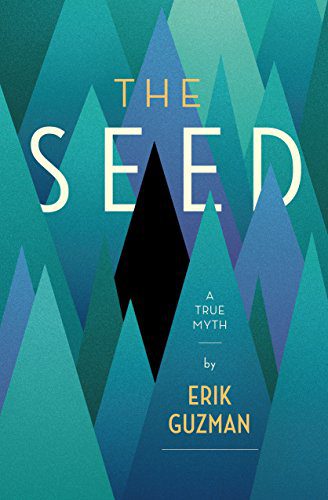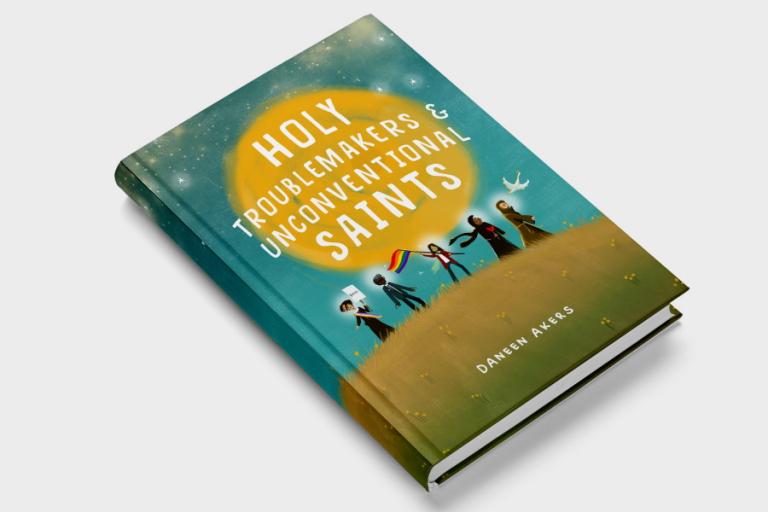I tend to read a lot more non-fiction works than novels. But how could I resist a book compared by so many others to C.S. Lewis, George MacDonald, and J.R.R. Tolkien?
Madeline and Roark live in constant fear of the shadow—a mysterious creature that appears to suck the life out of anything it touches. The shadow has been pursuing them for as long as they can remember, so they are constantly on the run.
Tatus’ life has also been forever altered. Many years ago, the shadow took his family. But rather than run, Tatus has chosen to chase the shadow, seeking his revenge. Tatus serves the flying serpent god named Wyrm, who gives him unnatural strength and longevity. And most importantly, Wyrm offers Tatus a way to destroy the shadow once and for all.
But Tatus needs help. He convinces Madeline and Roark to stop running, and to join him in fighting the shadow. Together, they build an elaborate labyrinth, based on a design given to them by Wyrm. The ever-expanding formation provides protection. And once completed, it should allow them to trap the shadow and kill it.
But Love is about to enter the story. And Love will disrupt everything they think they know about Wyrm, the labyrinth, the shadow, and themselves.
As one might expect, Erik Guzman’s The Seed: A True Myth is an allegory. And as with any good allegory, much of the exact meaning is left to the reader to determine. But speaking from my own interpretation of the story, I found plenty to appreciate.
For example, it was refreshing to see God presented first and foremost as Love. And the Trinity (though all analogies of the Trinity eventually fall short) was displayed in one of the better ways I’ve seen.
I can’t get into too much of it without giving away spoilers, but I will mention one element that I found a bit troubling.
Much of the story revolves around an allegorical retelling of the Fall in the Garden of Eden. According to this version, the primary task given to the Adam character was to kill the Satan character. He had to carry out this violent act before he could take his rightful place in creation. And it was ultimately his hesitation to kill that led to the Eve character’s disobedience.
This would suggest that God not only agrees with the myth of redemptive violence, but has actually commanded his people to carry it out from the beginning. It would furthermore suggest that humanity fell because Adam showed too much compassion. This goes against everything I believe Jesus taught about non-violent enemy love.
That said, I understand that it’s an allegory. I may be pressing the symbolism further than Erik Guzman intended. So I won’t let this one part ruin the whole thing. All in all, I enjoyed The Seed, and I’m happy to recommend it as a whole.
[Update: Erik Guzman offered an alternate way to interpret this portion of his book.]
Is this really the next best thing since Lewis, MacDonald, or Tolkien? Well, that’s an awfully high expectation for it to live up to, so I’ll just let you decide. I can definitely say that it was an engaging story which left me with much to think about.
Pick up your own copy of The Seed as a paperback or a Kindle eBook.
Disclosure: I received a free copy of this book from SpeakEasy in exchange for an honest review.

















